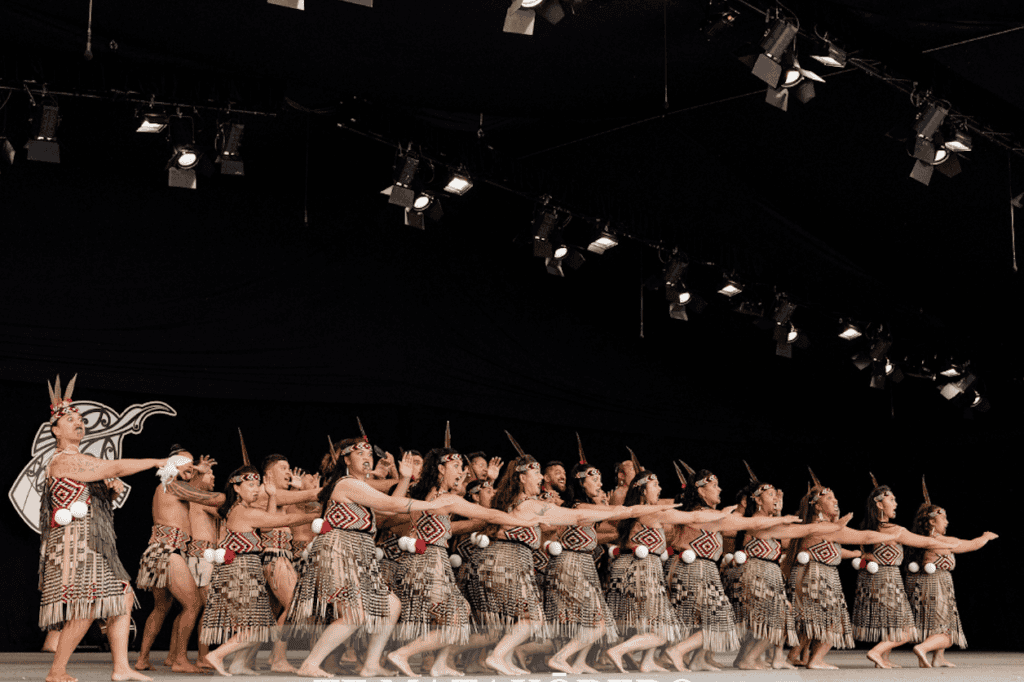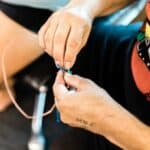Mana Motuhake
Cassandra Baldini
- Career & Business, Money Lessons

As we prepare to celebrate the International Day of the World’s Indigenous Peoples, we honour the beauty and diversity of traditional cultures that weave across the globe. This day invites us to reflect on its origins and the profound significance it holds.
Observed every August 9, this day marks the anniversary of the first meeting of the UN Working Group on Indigenous Populations, held in Geneva in 1982. The United Nations General Assembly officially adopted the celebration in December 1994.
The annual event serves as a vital reminder of the continuous efforts to protect and advocate for the rights of Indigenous peoples, while also celebrating the deep impact Indigenous cultures have had on our world. To mark the occasion, we had the privilege of speaking with Rikirangi Gage, CEO of the Whānau-ā-Apanui tribal group.
Background and work
I am the CEO of a tribal group based in the Eastern Bay of Plenty on New Zealand’s North Island. Our tribe is Te Whānau-ā-Apanui, which translates to the family of Apanui, our eponymous ancestor. The rūnanga, or the organisation, consists of 13 sub-tribal groups, each with its own boundaries and small communities. As CEO, I oversee an organisation of about 40 people. We also manage tribal companies and provide health and social services for our people across 100 kilometres of coastline. Our tribal enterprises include the rock lobster industry, kiwifruit industry, a local resort hotel and a camping ground. We are currently expanding into the aquaculture industry.
Economic prosperity
As a rural tribe, we’ve been fortunate to retain about 90 per cent of our coastal lands. Over the past 20 years, I’ve negotiated with the New Zealand government over our treaty’s settlement which is inclusive of our sea space. From an ultimate means point of view, we have all our lands and seas available for development. Those lands and seas we refer to as “taonga,” which in English means treasure. I suppose you could refer to it as sacred geography. So, we have a spiritual relationship with those areas. And those areas are bound with the memory and, I suppose, the footprints, of our ancestors. They are very special areas to us. It means that we’re required to ensure that we have proper practices in place when we’re developing those spaces and we take cognisance of the customary rights and so forth linked with those areas. But it’s basically how we roll and where our focus has been.
Political change and Indigenous equality
International Day of the World’s Indigenous Peoples is a time to remember and acknowledge the struggles of all our brothers and sisters and all Indigenous peoples worldwide who face oppression and marginalisation.
People who have been colonised share the same aspiration, and that’s what we call mana motuhake, which means self-determination and the right to live as we choose.
If you look at the demographics, if you look at the numbers, there’s a long way to go. I mean, we come from an area where there’s high deprivation, and we think that the, for want of a better word, the structures of opportunity, or that mediate opportunity, haven’t been properly resourced in our area. For instance, our median household income is $16,700 NZD. We are motivated to ensure that the well-being of our people and future generations takes place. In 2013, we contributed $79 million as a tribe in GST and PAYE into the coffers of the Crown. We’re demanding a return on our investment, just like anyone else. This seems to be the plight not only of Māori people but of most Indigenous people.
Lessons for Australia
I think that when you look at the identity of a nation, whether it’s New Zealand or Australia, it should be based on aspirations of equality and achieving equity for all its citizens. Our progress has come from persistent demands by tribal groups and leaders over a long period, pushing the state and the New Zealand government for more equity and recognition of our rights as tangata whenua.
Let us know if you liked this article
Let us know if you liked this article





